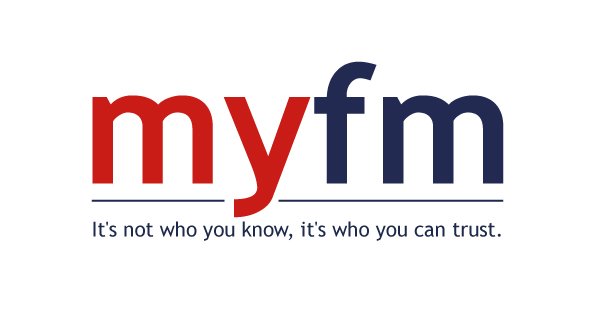From First Contact to Final Placement: How Profiling is Shaping the Client and Candidate Experience
We recently conducted a video interview featuring a fascinating conversation between our director & founder, Ulf Muller & Engagement Manager Sarah Pitts who dived into emotional engagement & the power of emotional intelligence (EI). It highlighted how we can connect on a deeper level & boost EI. One of the most interesting parts of this conversation was that within the client & candidate's journey & experience, clients often expect assessments done by the candidate.
Here was the interesting question brought up by Sarah: What role does assessment have for the client & the candidate? Furthermore, can emotional intelligence be measured throughout a candidate’s performance journey, for example, psychometric test & how useful is that? Also, how helpful is disc profiling? Then we know none of it is asked for later to measure performance when moving up in the career path or just an INS. (Influential social)
We thought we’d bring you the best bits of this chat in the form of a short blog.
In the recruitment process, the assessment stage is crucial for both the client (employer) & the candidate. For the client, assessments are a key tool for evaluating whether a candidate possesses the necessary skills, knowledge, & abilities required for the job. These assessments go beyond what can be gleaned from resumes & interviews alone, thus offering a more objective measure of a candidate’s potential performance.
The assessment phase is an opportunity for candidates to showcase their abilities in a more practical scenario. It can often be a double-edged sword as candidates might feel anxious about the process, potentially impacting their performance. Thus, the candidate experience during assessments is a significant factor, influencing how they perceive the employer & the overall hiring process.
Find Out How Emotional Intelligence Can Holistically Influence Better Workplace Dynamics & Growth. Watch our insightful Mini Series below .
One of the challenges with assessments is measuring less tangible qualities, such as emotional intelligence (EI). While traditional psychometric tests have been effective in measuring cognitive abilities & personality traits, they have been less successful in assessing emotional intelligence comprehensively. However, recent advancements in psychometric testing have introduced more nuanced methods for evaluating EI, such as situational judgment tests (SJTs) that present candidates with hypothetical scenarios requiring them to navigate social & emotional complexities.
These tests are increasingly popular because they align closely with the real-life situations candidates might encounter in their roles, providing valuable insights for the client.
DISC profiling is another popular tool used in the assessment process that categorises candidates into four main personality types: Dominance, Influence, Steadiness, & Conscientiousness. The DISC profile can be incredibly helpful in identifying a candidate’s communication style, how they work in teams, & how they might approach challenges. However, its usefulness can vary depending on how it’s applied. While DISC profiling can inform hiring decisions, its real strength lies in team building & improving workplace dynamics post-hire.
For instance, understanding that a team has a mix of "Influencers" & "Conscientious" types can help managers tailor their communication & management strategies to be more effective. Still, it's important to note that DISC & similar assessments should be part of a broader evaluation strategy & not the sole determinant in hiring or promotion decisions.
One interesting insight is that these assessments are not commonly used at length as maybe they should be to enable a true assessment of performance once a candidate has been promoted, quite often in management roles. This gap reveals a significant shortcoming in how companies utilise the information gathered during the hiring process. Although assessments like DISC profiling & emotional intelligence tests provide valuable data, this information often gets siloed & isn’t referenced during performance reviews or leadership evaluations.
To address this, organisations are beginning to explore ways to integrate assessment data more holistically throughout an employee’s career. This is to ensure that the qualities that make someone a good candidate are nurtured & developed as they move up the organisational ladder. For example, a candidate's high EI score should be a focus of development as they transition into leadership roles, where emotional intelligence becomes even more critical.
How is your EI integrating within your organisation’s candidate assessment & journey? Do let us know.
What We Do?
At myfm, we specialise in offering both interim & permanent solutions that cater to organisations’ diverse needs with the help of our extensive network of connections & skilled professionals, ensuring it’s a perfect match every time.
Whether you're seeking short-term expertise or long-term talent, we have the solutions to meet your goals. Learn how we can help you thrive in the facilities industry! 🤝
Contact us here for a friendly (obligations-free) chat >>>


